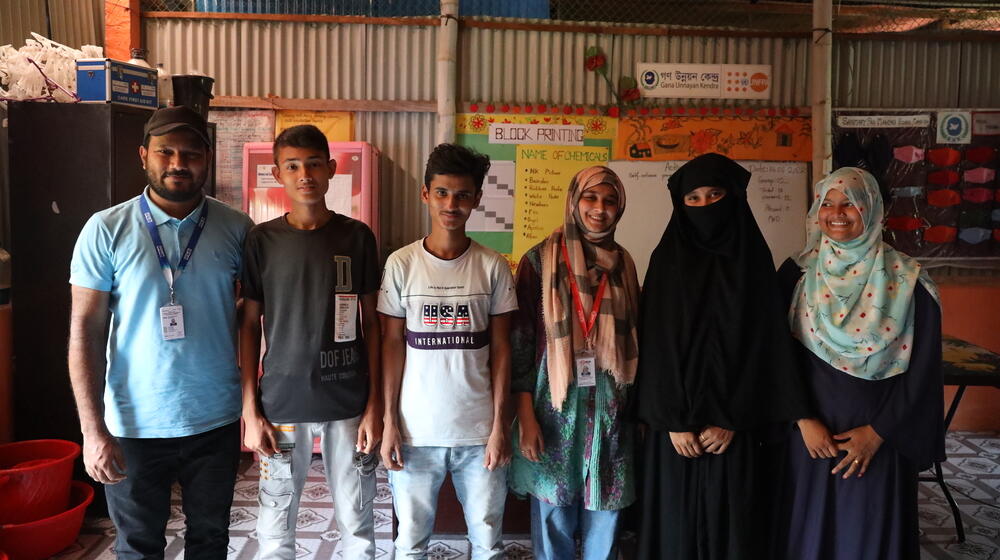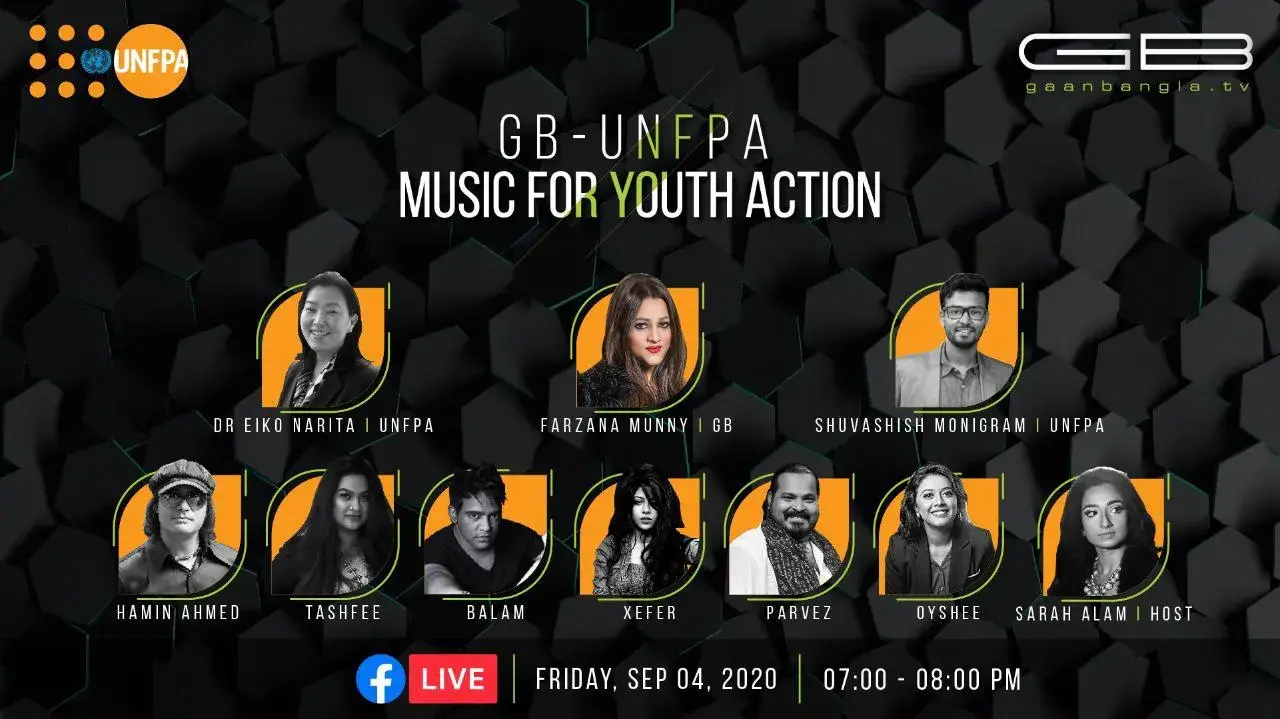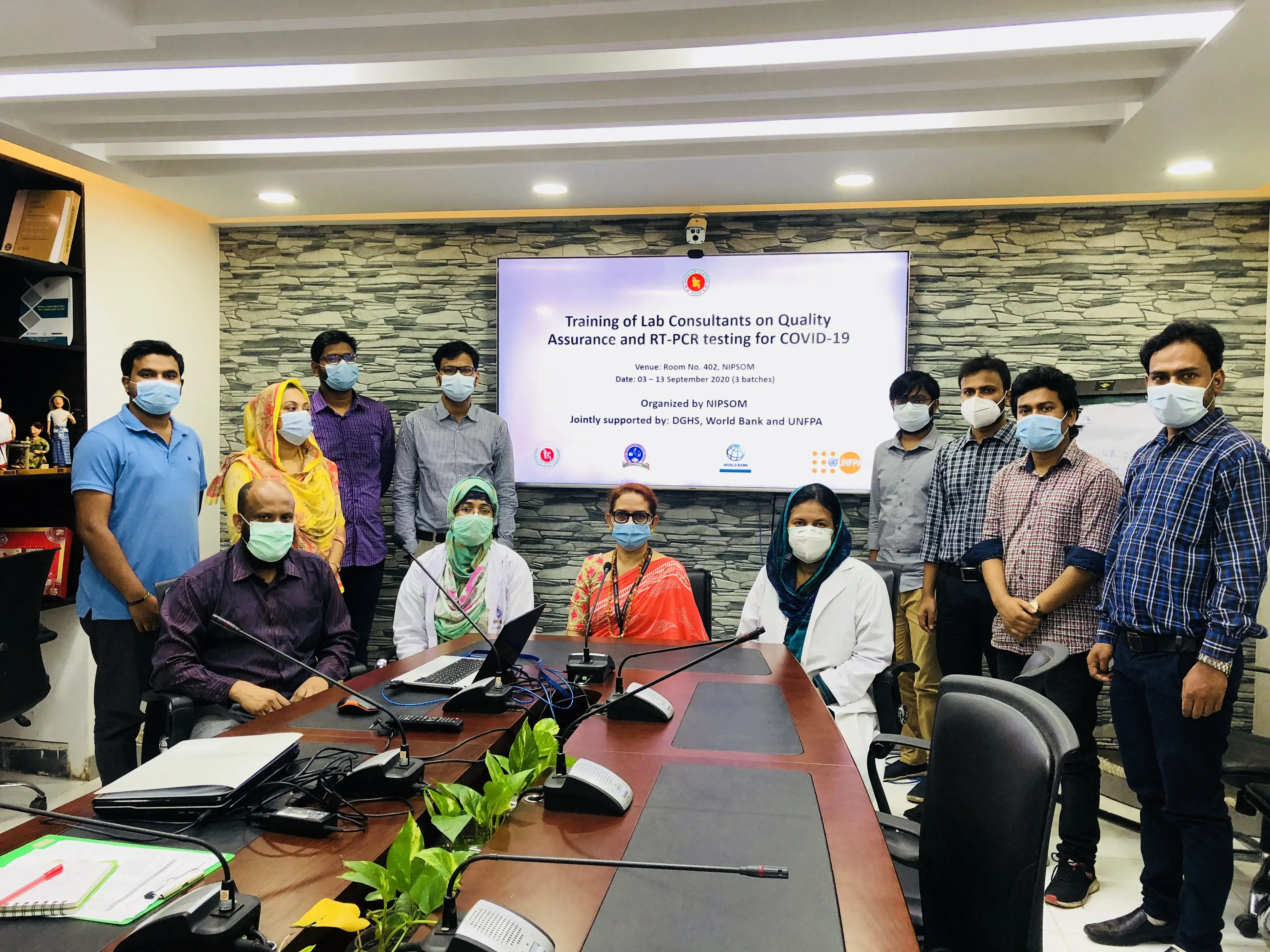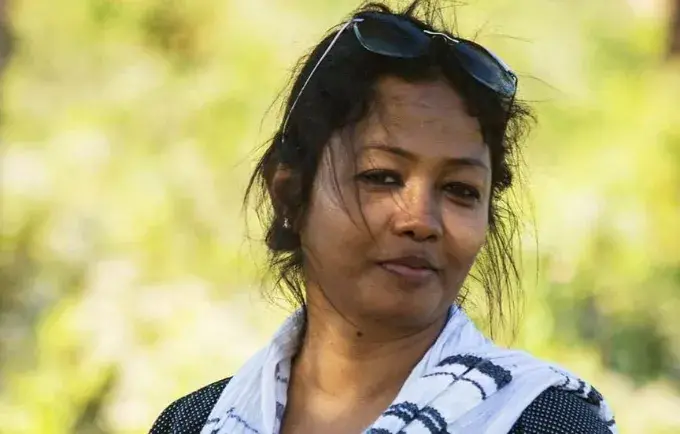This year, the theme of World Refugee Day is “Whoever. Wherever. Whenever. Everyone has the right to seek safety.” The theme could not be more relevant in the context of Bangladesh, which has served as a host to over 900,000 Rohingya refugees in Cox’s Bazar since 2017.
In dire need of mental health and psychosocial support, the Rohingya people have endured unthinkable family tragedies and personal trauma, surviving physical assaults, sexual violence and psychological abuse.
The ongoing COVID-19 has only exacerbated the vulnerability of the Rohingya community. A number of interventions, including helplines for survivors of gender-based violence have been put in place to minimize the risk of violence in the 34 camps hosting the refugees.
In addition, 34 UNFPA-supported Women Friendly Spaces have remained operational in the camps and surrounding host communities throughout the pandemic. The Women Friendly Spaces (26 of which are located in the refugee camps and 8 in the surrounding host communities) provide women and girls with a safe space, where they can seek shelter, attend awareness raising sessions and access sexual and reproductive health consultations provided by midwives.
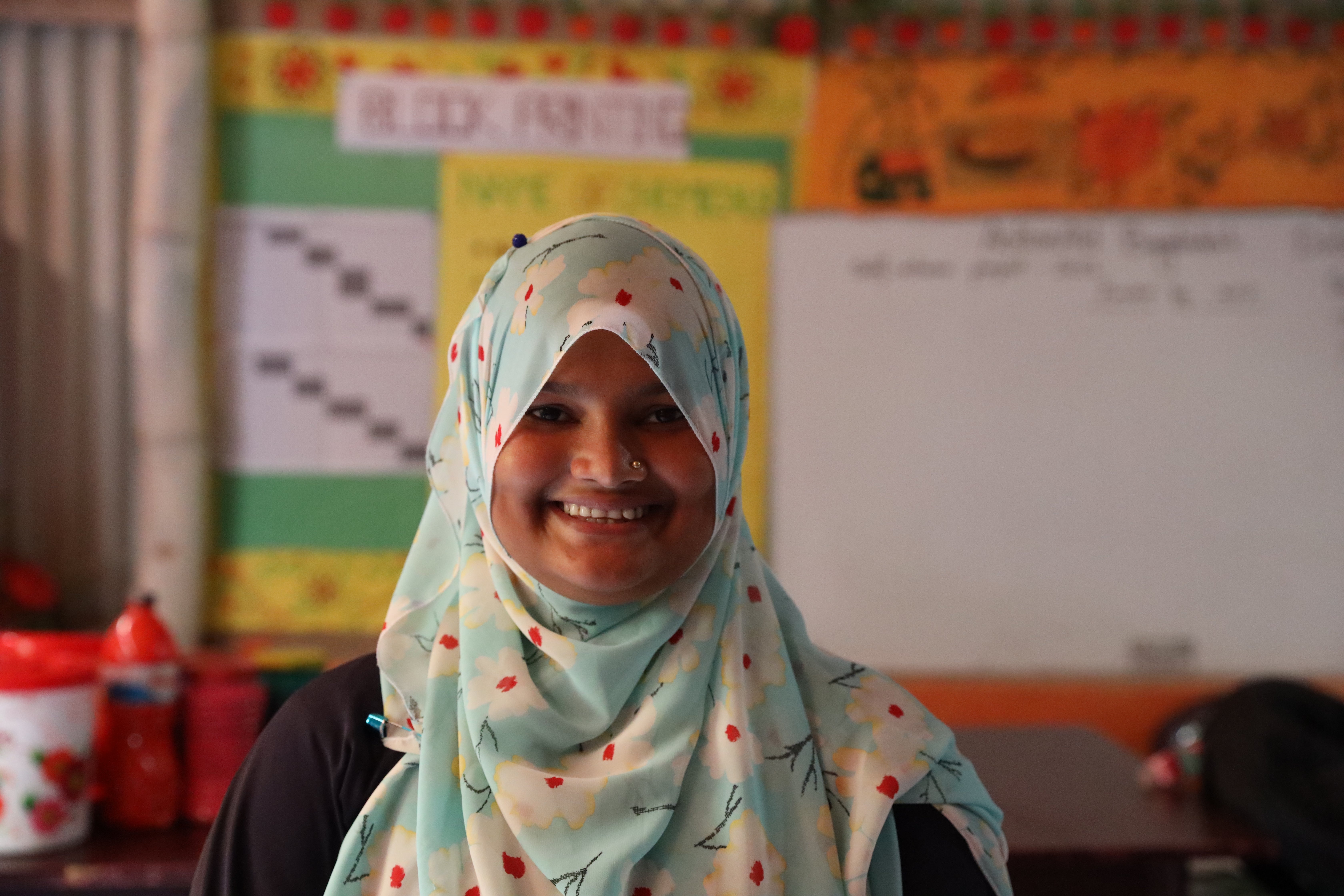
17-year old Jasmin from the Rohingya camps attended classes of UNFPA's Girl Shine life skills education programme in the Women Friendly Space. Photo: UNFPA Bangladesh/Fahima Tajrin.
However, more has to be done to meet the protection needs of the most vulnerable groups in the camps. Adolescent girls between the ages of 10 and 19 are particularly at risk of gender-based violence (GBV) as they often face barriers in accessing GBV protection and response services and are more vulnerable to child marriage and human trafficking.
To address these concerns, UNFPA is currently in the process of establishing new multi-purpose Adolescent and Youth Centers in the camps and surrounding host communities. A total of eight centers will be opened in the Rohingya camps, while four centers will be established in schools in the host communities.
The Adolescent and Youth centers will serve as safe spaces for adolescent girls and boys, where they can engage in a variety of education, development and networking opportunities. Together with the Women Friendly Spaces, the Adolescent and Youth Centers will help build the resilience and confidence of Rohingya youth to become the future makers of their community.
The initiative serves as a continuation of UNFPA’s efforts in Cox’s Bazar to ensure that all adolescents boys and girls are treated with dignity and respect, and are equipped with the necessary life skills to face the challenges ahead of them and realize their full potential.
UNFPA believes in safety and protection as universal human rights. UNFPA stands #WithRefugees - whoever they are, wherever they come from and whenever they are forced to flee.

